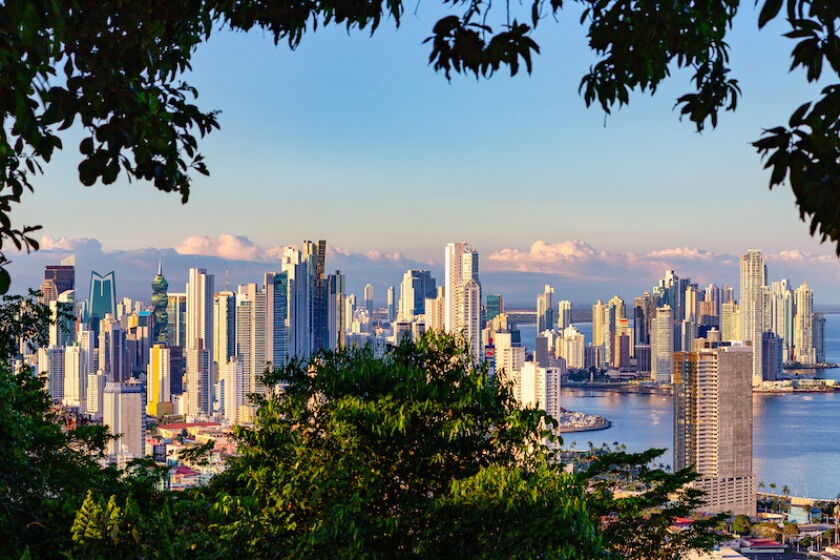It is well known that Panama has a strategic geographic position, at the centre of the American continent. With laws that create special regimes serving as the backbone of its logistic platform (such as the Colon Free Zone, the Panama Pacífico Special Economic Area, Free Trade Zones, and the Port sector), the country has for years placed itself among the main hubs in the area for the international trade of goods.
In an effort to enhance the competitiveness and dynamism of the country’s logistics sector, the government recently adopted Executive Decree No. 354 of July 9 2020. The new decree introduces certain modifications specifically aimed at facilitating the decision-making of companies established and operating from abroad, that are interested in moving their products to and from Panama, with the support of a third party logistics firm located and operating in areas that are subject to the above-mentioned special regimes.
Prior to enactment of the new decree, the local tax regulation stipulated that income received from an office established in Panama engaged in the invoicing of products is considered foreign-sourced – not taxable in Panama – to the extent that the products invoiced by such office have been either (i) moved abroad and at no point been imported to the country, or (ii) in transit through Panamanian ports/airport with destination abroad; provided that upon arriving in transit into such facilities they are already consigned to recipients abroad, or with relevant documentation that evidences instructions for their remittance immediately after their arrival.
The modifications are intended to update the aforementioned tax treatment in line with business schemes demanded by companies engaged in the international trade of goods. With these modifications, foreign-sourced activities will now also include income received by a company not established in Panama from the sale of products that have been consigned to a logistics operator located in the Colon Free Zone, Special Economic Areas, Free Trade Zones, or national airports or port, to the extent that said merchandise is thereafter remitted outside the Panamanian territory or to another special regime.
Further, the modification states that while the products remains under the care of the logistic operator, it may be subject to value-added activities such as storage, inventory management, classification, consolidation, deconsolidation, transfer, distribution, packaging, repackaging, labeling, relabeling, fractionation, refrigeration, separation, transport, assembly, transformation, adaptation, repair, restoration, or its set-up.
With this modification the government hopes to attract foreign companies to move their cargo through Panamanian logistics operators: by no longer requiring cargo owners (under the parameters generally mentioned above) to establish themselves in Panama, either through a Panamanian branch or subsidiary.

|
Ana Cristina Negron
Alfaro Ferre & Ramirez

